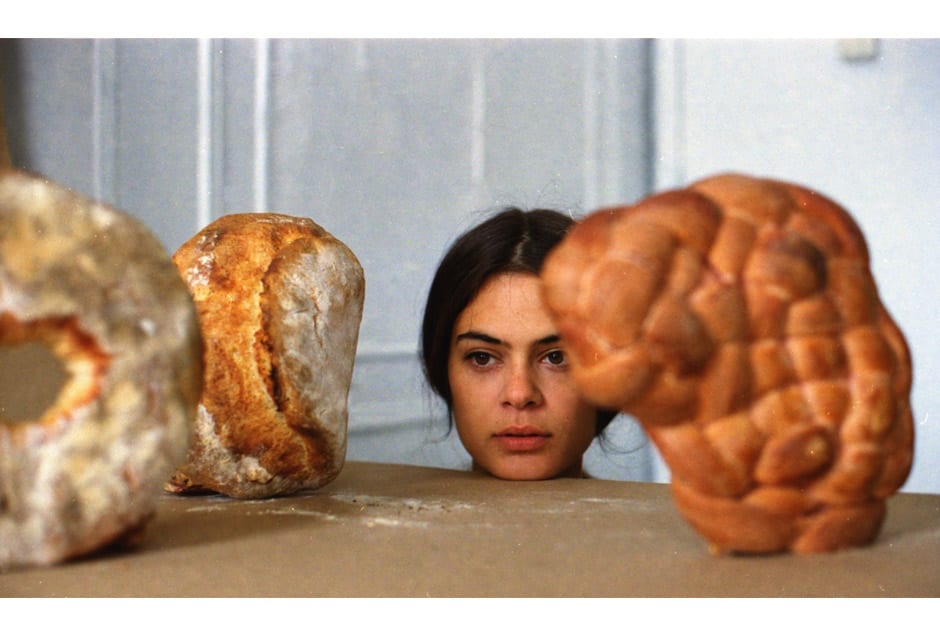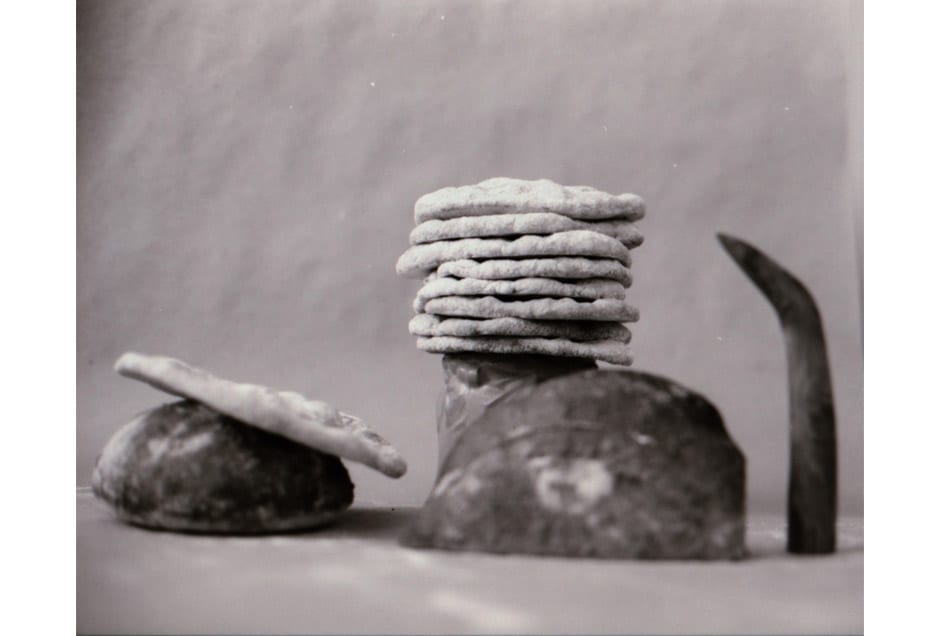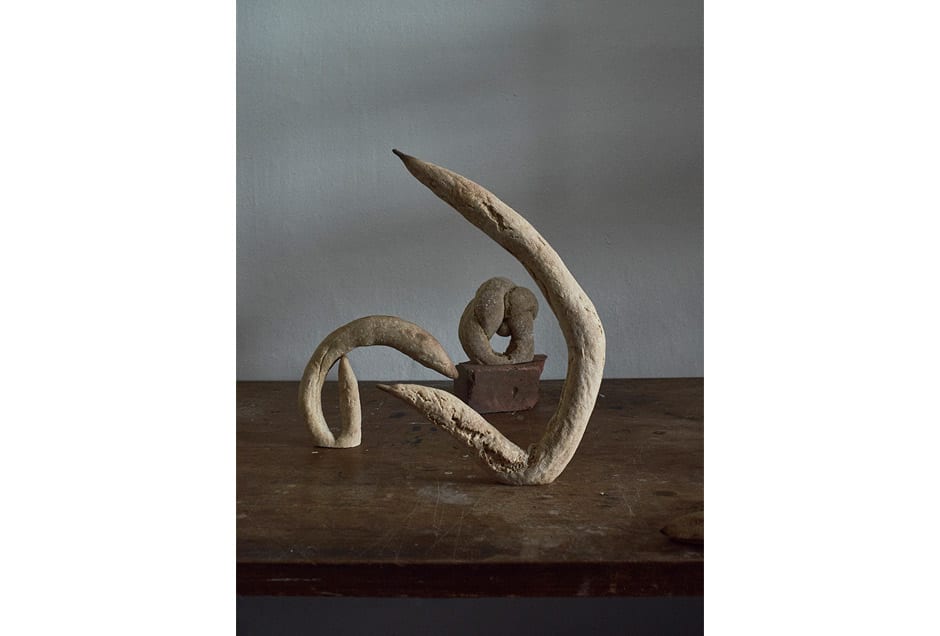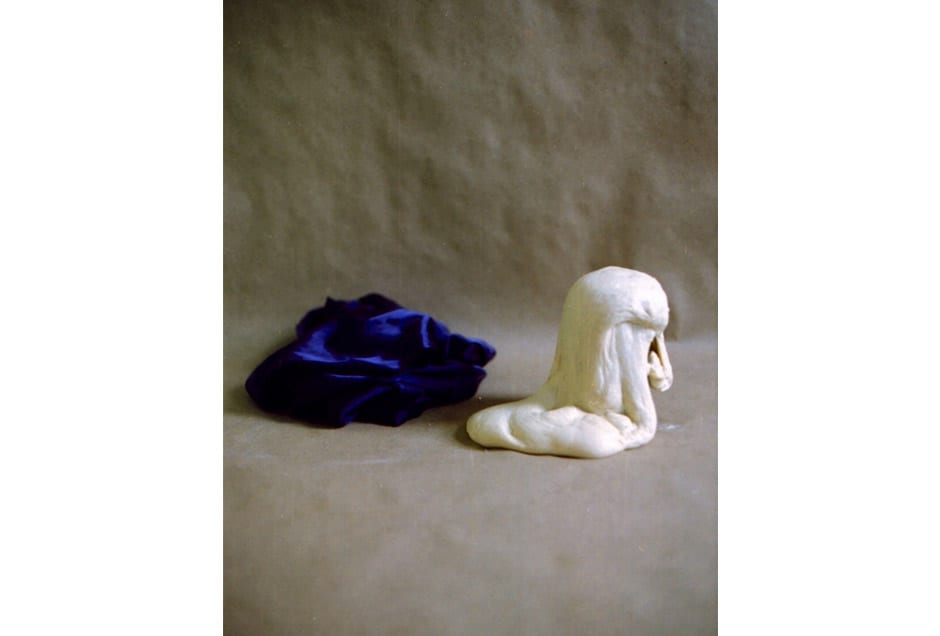
Native New Yorker, artist, writer and baker Lexie Smith moves through this world in a creative state of mind. She’s a “crusader for wheat” and a self-proclaimed context junkie who likens the alchemy of baking to “something close to magic”. For her, bread symbolises universality and diversity in equal measure and signifies a bigger story worth telling. Growing up, Smith filled books with words, attended classes at the Fashion Institute of Technology and took to baking in her mid-teens. These days, you’ll find her in perpetual forward motion, her two loves – art making and baking – forever driving her onwards.
Where are you from originally and where are you now based?
I grew up just north of Manhattan in a town called Hastings-on-Hudson. I currently live in Ridgewood, Queens.
When people ask what you ‘do’, what do you tell them?
Dramatically, I’m a crusader for wheat! That doesn’t always go over well, so I tend to just make a list: I’m a baker, an artist and a writer, and I combine those elements as much as I can.

Your practice comprises art making and baking, do you regard the two as separate entities or is it a case of symbiosis?
As of late it seems that bread has nearly eclipsed every other medium. But baking can still be very much a utilitarian endeavour. I’m not the “food is art” kind of baker or cook. Sometimes food just needs to be food, not overwrought or intellectualised. It just needs to taste and feel good. But meanwhile, I’ve found bread to be an ultimate source of inspiration, so I’m working through that until it dries up. So, art making and baking remain two separate entities, in that sometimes baking is work and purely that, though the two are also reciprocal and occasionally synergetic.
Why is creating, no matter the form, important to you and the life that you have cultivated for yourself?
Creating is the life I have cultivated for myself, not really a component of it. I never quite figured out another way to live. As I got older, all I could do to move forward was keep coming up with different equations, working the numbers around, shifting, never really finding a stable trajectory. All the growth happens through tactile action as much as emotional awareness. I can’t help it – making things is how I move through the world. It can be a cumbersome and exhausting way to live, but on most days I’m grateful for it. I think everyone lives through creating to one extent or another. It’s just more obvious when the product is ingestible.

Can you share a bit about your background? What role did creativity play throughout your upbringing?
My father is a writer and my mom represents independent booksellers, so I grew up acutely aware of the importance of creative thinking, and that it’s not something that has to dissipate as you get older. Imagined space was a really safe place for me when I was young. I was a moody kid who liked trees and writing in notebooks more than a lot of other things. I filled books with words compulsively, bound little tomes by hand just to stuff them into cupboards and leave them for dust, took classes at the Fashion Institute of Technology as a 13-year-old, and finally started baking around 15. I’ve never been very good with downtime.
What was it that initially appealed to you about baking?
I wanted control. When you’re a kid, that’s something you lack. I never knew what I was eating or why I was reacting a certain way to it, and I’m a context junkie. Also, if I couldn’t get something, the only choice I had was to make it myself. I was always drawn to the alchemy of baking – the manipulation of ingredients and engagement with the senses. Without exaggeration, it always felt something close to magic.

How do you keep yourself motivated and your ideas fresh?
I can’t say I always feel like my ideas are fresh. But it helps to consume information about the topics I’m working on if I’m feeling stunted. It sounds simple, but giving myself time to research, doing input instead of forcing output, gives me juice. Books in particular help spark ideas, as the content is usually thoroughly investigated and thoughtfully articulated in a way that Wikipedia just never will be. As far as motivation, I’m very hard on myself to be productive and proactive. But that often just leads to self-deprecation. So building a community to create expectations for and receive feedback from is the ultimate motivator.
What are some of the more unusual ingredients or tools that you work with?
The point of the work that I’m doing right now is that it’s inherently basic. Bread is three ingredients: flour, water, salt. The grains I’ve been working with are often obscure varieties, or ancient heirloom grains. But most bakers in the artisan community will be familiar with them. Luckily, many are shirking off the shadows and making a play for the limelight these days. Einkorn is a particular favourite at the moment. Ingredient wise, I’m also trying to track down dika nuts, which are grown almost exclusively in West Africa and nearly impossible to find stateside.

What are you working on at the moment?
I’m currently building out Bread on Earth, a research-based initiative taking form as a virtual Bread Web. A comprehensive interactive map that connects regional bread types to their relatives across the world. I’m working on the collection and development of these recipes and visuals to accompany them. And developing an educational supplement to extend the project’s reach from the internet into schools. Also, I'm planning workshops that focus on bread and intuition, and the use of whole, ancient grains.
What was the catalyst behind this project?
Bread is a pure symbol of the universal human story, simultaneously representing our similarities as much as it does our differences. We happen to be living in an age when all three of these components – unity, diversity, and bread itself – are under attack. The avalanche of the gluten-free movement is testament to this. Built on the food industry’s capitalisation on the degraded state of wheat, which is thanks to the greed of big agribusiness. I’m interested in levelling the playing field, in giving a voice back to bread, in telling a bigger story. Because it’s about people. It feels incredibly important right now.



